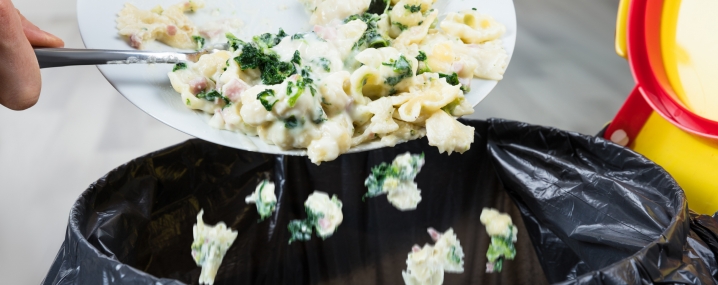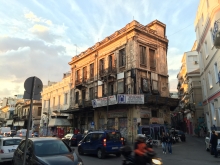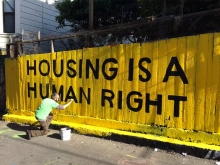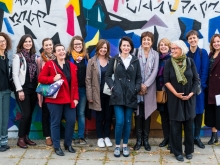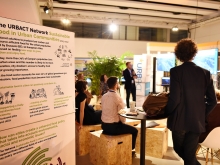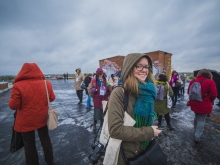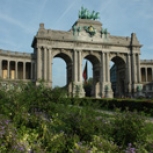
Brussels
The Brussels-Capital Region is an urban centre comprising 19 municipalities and a population of approximately 1.1 million inhabitants. That density largely reflects Brussels’ role as the official capital of Belgium and, more importantly, the unofficial capital of Europe as the seat of the European Commission. The city is also a focus for multinational corporations and major international organisations, including the headquarters of NATO. Local employment is therefore very much focused on the service sector as an administrative centre, and average wages are relatively high. Around 350,000 people commute into Brussels for work every day.
Brussels is made up of three zones: the city centre, a series of historic areas, and residential suburbs. Part of its attraction lies in the fact that half of the territory is covered by green spaces. For tourists, the Main Market Square, a UNESCO Heritage Site bordered by 15th century buildings, is a major destination. The city is also the centre of the country’s Flemish and French communities. A striking social feature of the city is the asymmetry between the considerable wealth produced in the area and a relatively low average income of the city inhabitants that is 18% below the national average.
Along with its parks and more than 80 museums, food is one of the reasons why tourists enjoy visiting Brussels. The ‘Made in Brussels’ label brings together chocolate, waffles, chips—often served with mussels as the classic moules-frites dish—and a wide array of beers.
SOME RELATED NETWORKS
2nd Chance
Sustainable food
Article
Cities implementing the right to housing
Article
Cities engaging in the right to housing
Article
2019 URBACT Highlights
News
URBACT's highlights at the 2018 European Week of Regions and Cities
News

